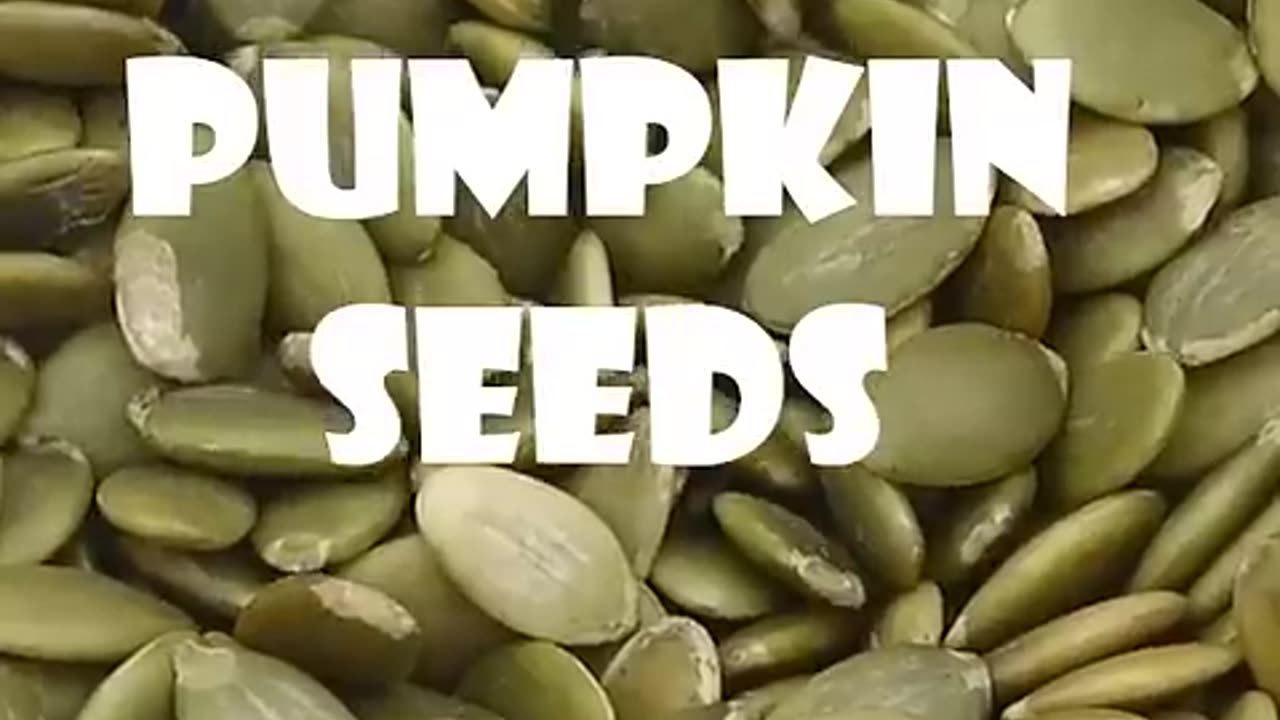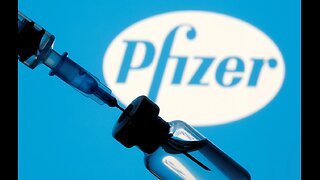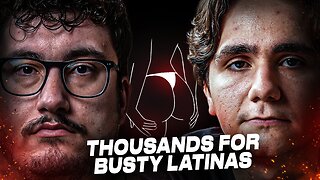Premium Only Content

Zinc Deficiency & The Easiest Way To Get It!
Zinc is an essential mineral that plays a crucial role in various bodily functions, including immune function, wound healing, and DNA synthesis. A deficiency in zinc can lead to a range of health issues, including impaired immune function, hair loss, and skin problems. Here are some signs of zinc deficiency and easy ways to incorporate zinc into your diet:
Signs of Zinc Deficiency:
Weakened Immune System: Frequent infections and illnesses.
Hair Loss: Thinning hair or loss of hair.
Skin Issues: Dermatitis or other skin problems.
Loss of Appetite: Reduced interest in eating.
Slow Wound Healing: Delayed healing of wounds or injuries.
Taste and Smell Impairment: Changes in taste and smell perception.
Food Sources of Zinc:
Meat: Beef, lamb, and pork are rich sources of zinc.
Shellfish: Oysters, crab, and lobster contain high levels of zinc.
Nuts and Seeds: Pumpkin seeds, cashews, and almonds are good sources.
Legumes: Chickpeas, lentils, and beans provide zinc.
Dairy: Milk, cheese, and yogurt contain zinc.
Whole Grains: Brown rice, quinoa, and oats are sources of zinc.
Eggs: Both the yolk and the egg white contain zinc.
The Easiest Way to Get Zinc:
One of the easiest ways to ensure you are getting enough zinc is to maintain a well-balanced diet that includes a variety of zinc-rich foods. Including a mix of the following in your meals can help you meet your daily zinc requirements:
Meat or Fish: Incorporate lean meats like chicken or fish into your meals.
Nuts and Seeds: Snack on a handful of nuts or add them to salads and yogurt.
Legumes: Include lentils, chickpeas, or beans in soups, stews, or salads.
Dairy: Consume milk, cheese, or yogurt as part of your daily diet.
Whole Grains: Choose whole grains like brown rice, quinoa, or whole wheat.
-
 LIVE
LIVE
Dr Disrespect
1 hour ago🔴LIVE - DR DISRESPECT'S TRIPLE THREAT CHALLENGE - ARC RAIDERS • BF6 • FORTNITE
523 watching -
 1:17:36
1:17:36
vivafrei
1 hour agoRobert Barnes Before Court of Appeal in Brook Jackson's Qui Tam Fraud Lawsuit Against Pfizer
9.52K2 -
 LIVE
LIVE
LFA TV
13 hours agoLIVE & BREAKING NEWS! | WEDNESDAY 12/03/25
4,025 watching -
 1:03:25
1:03:25
VINCE
2 hours agoPresident Trump Takes New Hoaxes In Stride | Episode 180 - 12/03/25
145K47 -
 LIVE
LIVE
Nikko Ortiz
1 hour agoDo Not Laugh... | Rumble LIVE
198 watching -
 LIVE
LIVE
Benny Johnson
2 hours ago🚨DEMS PANIC: Republicans SWEEP Elections as Trump Announces MASSIVE Travel Ban | PIERS MORGAN LIVE
4,776 watching -
 LIVE
LIVE
Badlands Media
11 hours agoBadlands Daily – December 3, 2025
3,741 watching -
 27:03
27:03
The Kevin Trudeau Show Limitless
1 hour agoThey're Not Hiding Aliens. They're Hiding This.
4.25K1 -
 LIVE
LIVE
Caleb Hammer
19 hours agoPathetic Simp Drowning In Debt For Busty Latinas | Financial Audit
193 watching -
 LIVE
LIVE
The Big Mig™
1 hour agoIncome Tax Abolished, $1000 Saving Account To Children
3,320 watching